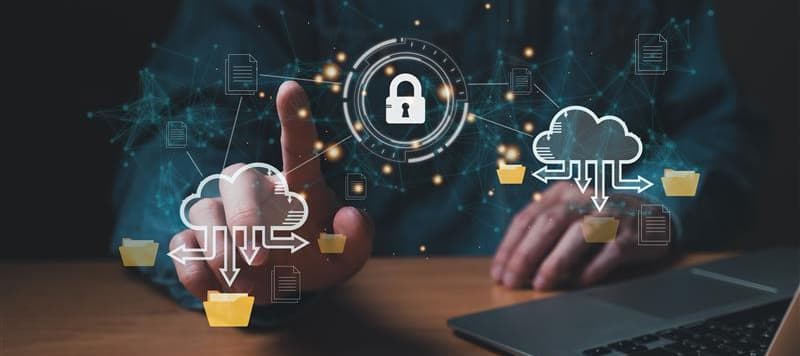What to Know
- Data is increasingly valuable to cybercriminals
- Cybercriminals can get between $40-$200 by selling your personal data
- State entities are taking steps to protect consumer data
- TikTok is an example of government entities confronting each other over data collection
- You can take steps to protect your data and your identity with Carbonite™ Backup and Webroot™ Antivirus
As anyone can tell from reading the news, data privacy affects us all. It’s why, in the last couple of years, the state of California and the European Union both introduced new privacy legislation. And it’s why fines for data breaches now run in the tens of millions of dollars. Ask anyone who has tried to recover from having their identity stolen and you’ll see why we should all be concerned about protecting our data from unwanted access. But just what is it about our data that makes it so valuable to malicious and state actors alike?
Data is a commodity that can be bought and sold, and certain types of data, such as personally identifiable information (PII), financial data and protected health information (PHI), fetch a high value on the open market. According to research, a full data profile for a single person, which includes full name, address and date of birth, is worth between $40-200. Our individual credit card credentials are worth about 10% of the total credit available on the account.
It’s in your own best interests to protect your data, not just to prevent criminals from profiting off your name and good reputation, but because it can cost you a lot if you’re forced to pay down debt that’s been accumulated in your name. Your data can also be used against you by someone who wishes to do you harm by exposing your identity or doxing you.
Although the market for data is global, the value of data varies by country. According to Briana Butler, Engineering Services Manager at our partner company, Webroot, this may be due to simple supply and demand. For example, credit card data from the U.S., where credit card use is high, is worth less compared with the rest of the world.
It’s not just criminals who see value in our data. Corporate entities also use consumer data for marketing and customer acquisition efforts. That’s why state entities have stepped in to protect consumers from unfair business practices surrounding the use of our personal data. “It’s forcing transparency on the data being collected by legitimate business entities and telling people their data is valuable and they need to protect it,” Butler says. “It also forces some level of protection for data since companies can face large financial consequences if there is a breach.”
The recent dispute over Chinese ownership of video sharing app TikTok underscores the heightened scrutiny over just who is collecting data and what they intend to do with it. According to Butler, data is valuable, both from a financial and a geopolitical point of view. “It’s been argued that there’s a national security risk allowing companies like TikTok access to such vast amounts of data on U.S. citizens, and potentially intellectual property.”
“It may be benign, such as to better tailor your experience. But it may also be used to determine your eligibility for a home loan, and you had no idea,” she says. “As for foreign entities, we should be concerned, especially when we think of the security of our data. Not to mention TikTok collected data on children without consent from adults. That’s a problem.”
Regardless of who’s collecting the data, Butler urges consumers to be cautious about exposing their data whenever they’re online. “I am always concerned about my data being collected, regardless of who is collecting it,” Butler says. “We simply don’t always know how our data will be used, and that’s scary to me.
Butler offers a few recommendations for consumers who want to do more to protect their data from both individual cybercriminals and other entities that may not have their best interests in mind:
- Train yourself to identify malicious activity, like phishing emails.
- Don’t share your data with every app or service out there. Make sure you really need the service, and then share as little as required to run it.
- Read privacy policies and make sure you understand what data they’re collecting and what they’re allowed to do with it.
- Practice good cyber hygiene, like long using passwords and patching your systems.
- Use antivirus and virtual private networks (VPNs) to protect yourself.
In addition to these sage words of advice, there are a few ways you can protect your data and your identity with cybersecurity solutions from Carbonite and Webroot. Carbonite Safe keeps an extra copy of your data in the cloud. So, if you’re ever infected with a virus, you don’t have to pay a ransom to get your data back. And Webroot Antivirus uses machine learning and predictive intelligence to identify malicious threats before you click on them.










